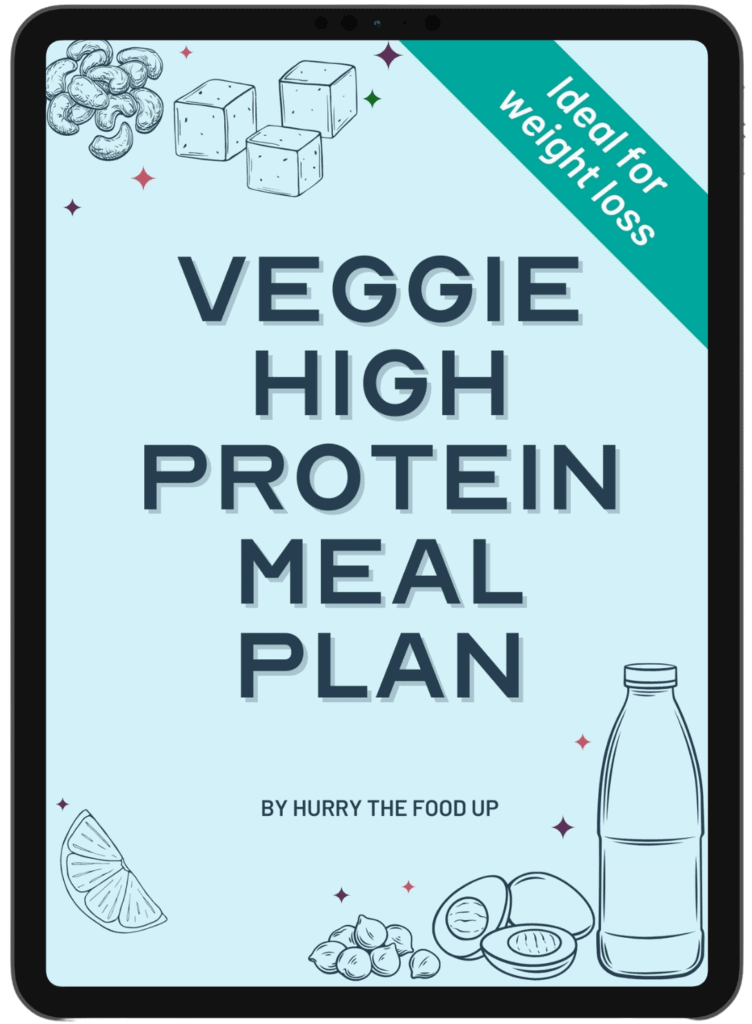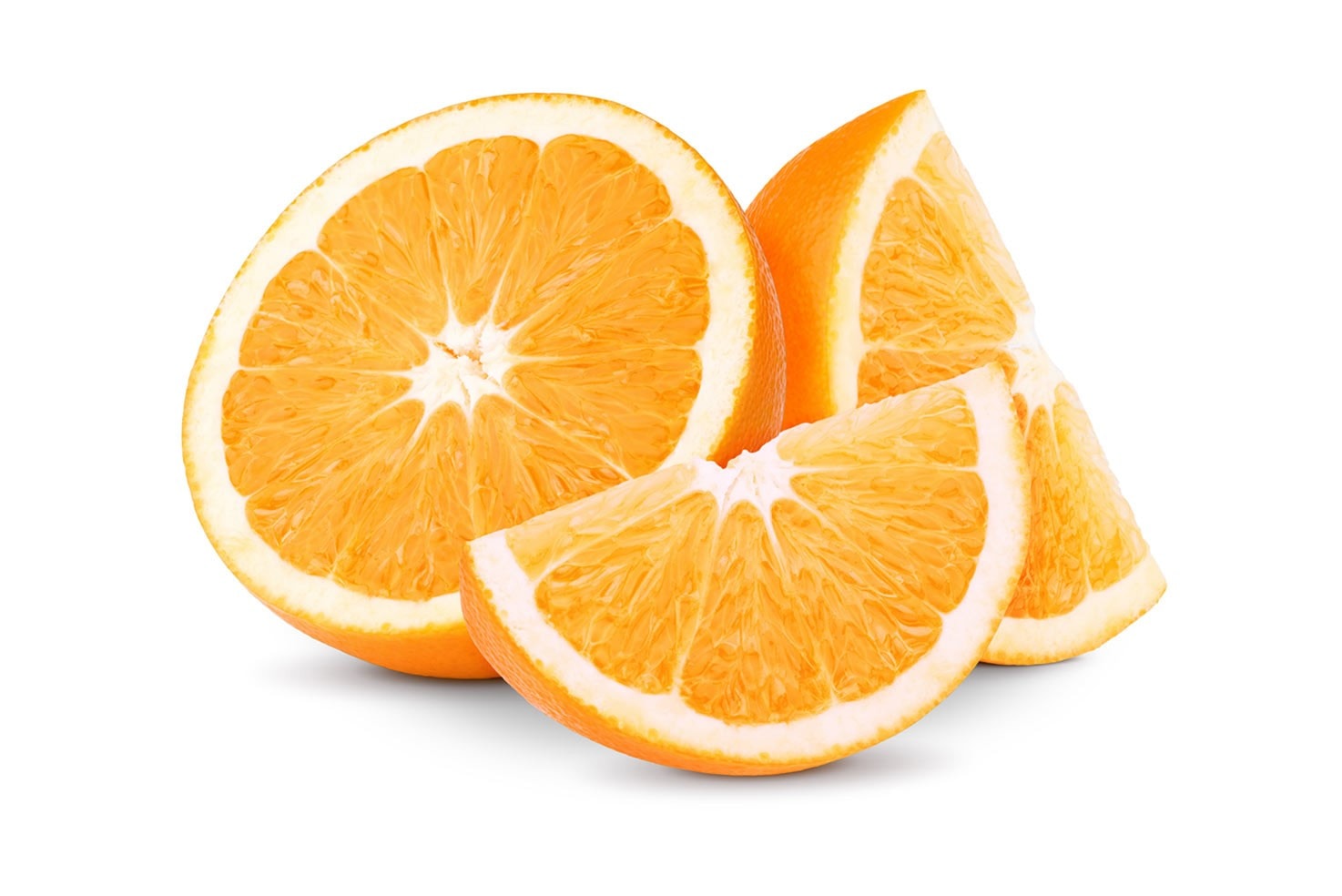Enter your email & we’ll send it to your inbox. Plus, get great new recipes from us every week! By submitting this form, you consent to receive emails from Hurry the Food Up. Fruits belong to the carbohydrate group, and some contain less sugar, whereas others have a little more. And although they are generally high in fiber, some have slightly lower levels of it. If you are trying to lose weight, your best bet is to choose fruits with high fiber and low sugar content. Below, you can find the list of fruits for weight loss. Naturally, some of these are the lowest calorie fruits around.
Weight Loss Fruits
- PineappleThis bright yellow exotic fruit gives you a boost of vitamin C (79 grams) and provides only 83 kcal in one cup, which makes it a perfect filling snack for your weight loss program. Moreover, it has a high water content of 86%. Studies show that reducing the energy density of the diet by adding fruits and vegetables that are high in water content helps with weight loss.
- Stone fruitsPlums, apricots, peaches, nectarines, and cherries belong to this group. Stone fruits are usually low in calories and high in water content. Two small plums or four apricots contain around 60 calories; one medium peach or nectarine provides 58 calories, and 1 cup of cherries has 87 calories. Other great news is that a study has shown that the bioactive compounds found in stone fruits potentially fight off obesity, reduce inflammation, and the risk of diabetes.
- KiwifruitThis small tropical one is full of nutrients such as vitamin C, folate, and fiber. One medium kiwifruit provides 42 kcal and 2.1 g of fiber. A small study revealed that consuming two kiwis per day for 12 weeks showed a significant reduction in waist circumference and waist-to-hip ratio. Although more studies are needed to back up these findings, this one shows promising results for kiwi being helpful in weight loss.
- AvocadosYou may not have known this, but avocados are technically a fruit, and a very fatty fruit at that! One medium avocado provides 227 kcal, 21 grams of fat, and 9.3 grams of fiber. Don’t worry; the high-fat and caloric content doesn’t mean gaining weight after eating avocados. But avocados may keep you full for longer and stop you from eating more or binging during the day. Studies found that people who consumed avocados regularly gained less weight than those who did not. To find out more about avocado’s benefits on weight loss, check out our recent article on the benefits of avocados.
- PapayaA tropical fibrous gem, one small papaya provides 67.5 calories and 2.7 grams of fiber. It is also high in vitamin C (95.6 mg) and has an 88% water content. The high fiber and water content help to increase satiety, so you may end up consuming fewer calories throughout the day. Moreover, they may help in reducing bloating and with regular bowel movements.
- GrapefruitThis sour and juicy fruit has had a high reputation in the weight loss industry for many years. Half a grapefruit provides 37 kcal, 1.4 g of fiber, and 92% water content. Studies showed that people who were given grapefruit before each meal for 12 weeks had a decreased body weight, and improved insulin levels and lipid profiles.
- ApplesAnother well-known fruit in weight loss programs – apples are low in calories and high in fiber, with 95 kcal and 4.4 g of fiber per one medium fruit. They not only keep the doctor away but also keep the weight off. One study showed that women who added three apples per day to their diet for ten weeks reduced their energy consumption during the day and lost weight. Apples make a great portable snack and can be found year-round.
- BerriesThis delicious fruit group includes raspberries, blackberries, blueberries, and strawberries. These nutrient powerhouses are low calorie and have high fiber and water content. So, it makes them a wise food choice when trying to lose weight. One small study showed that people who snack on berries in the afternoon ate less food at dinner. Their sweetness can help satisfy sugar cravings as well. One cup of each provides the following:Raspberries: 64 kcal, 8 g of fiber, 86% waterBlackberries: 62 kcal, 7.7 g of fiber, 88% waterBlueberries: 84 kcal, 3.6 g of fiber, 84% waterStrawberries: 49 kcal, 3 g of fiber, 91% water
- MelonsThey are one of nature’s best snacks. One cup of watermelon has 46 kcal, whereas a cup of melon has 61 kcal. They both have around 90% water content, which helps to keep you full and prevents you from bingeing during the day. The natural sweetness and high water content also help to reduce cravings.
- OrangesAs one of the sweetest citrus fruits, oranges are low in calories and high in vitamin C and fiber. One medium-sized orange provides 65 kcal, 3.4 g of fiber, and has 87% of water. They also help with weight loss because of their fiber and water content. Like apples, they are very portable and keep you full for longer after eating.
How much fruit per day?
Now that we know the fruits that help in weight loss, another important question comes up; how much fruit per day is good for weight loss? You should be mindful of portions when eating fruits because it can add up if you are trying to lose weight. An ideal serving would be one handheld fruit, for example, one apple, one peach, two plums, and one cup of cut melons or berries.
Fruits to avoid for weight loss
It is all about portion control when it comes to eating fruits, like any other type of food. So I’m not going to tell you to avoid certain fruits if you are trying to lose weight, but rather avoid certain forms of fruits. I also won’t say fruits that can burn belly fat – in general we can’t target which fat we want to lose. But here are some helpful tips.
Fruit juice vs fruit
Fruit juices are the first to be avoided when trying to lose weight. Most fruit juices sold in markets contain added sugar. You might say: “well, then I’ll get 100% fresh fruit juice”. That’s another misleading thought because you are consuming too many portions of fruit in just one glass. That means more calories and sugar as well. Also, fruit juice has little to no fiber and doesn’t require chewing. So in just a couple of minutes, maybe even seconds, you end up consuming 3 or more portions of fruit and still don’t feel the same fullness as a whole fruit. One study found that drinking one serving of fruit juice every day was associated with as much as a 21% higher risk of developing type 2 diabetes. Moreover, replacing three servings of fruit juice per week with whole fruits showed a decreased risk of developing type-2 diabetes.
Other studies also showed that preferring fruit juice over whole fruits may result in weight gain. Furthermore, fruit juice has been shown to have reduced satiety compared to whole fruits. The result is that consuming fruit juice over whole fruits can contribute to increased energy intake during the day. Dried fruits are also tricky when it comes to weight loss. They are the condensed form of their fresh counterpart, meaning they contain more sugar in one serving and won’t promote fullness on their own due to the low water content. So you might end up overeating them, which can cause weight gain over time. However, they can still be part of a weight loss program in small amounts because they provide an excellent portable snack. But it is better to combine them with a fat or protein source like nuts or yogurt to promote fullness. The third fruit form to avoid is all-fruit smoothies. They are another sugar trap sold at markets. Although they contain all-natural ‘fructose’ sugar, they can sabotage your weight loss efforts, just like all-natural fruit juices. If you’d like to add smoothies to your weight loss (or high-protein weight loss) program, try having 1-2 portions of fruit combined with greens and a protein source like protein powder, natural yogurt, or vegan milk alternatives such as almond milk or oat milk. Check out our delicious and filling smoothie recipes for starters.
How much fruit is too much fruit?
In conclusion, if you are trying to lose weight, it’s best to stay away from fruit juices or ready-made smoothies and eat whole fresh fruit instead. But, as with any food, it’s crucial to control your portion sizes while eating fruits. Even though they have natural sugar in them, they can potentially affect your blood sugar levels and weight loss program when consumed in large amounts.












